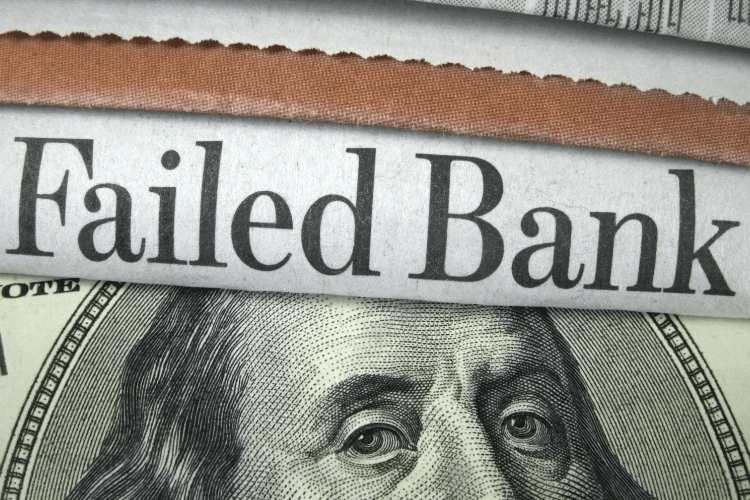Financial Independence Retire Early (FIRE) Explained

In the second decade of our 21st century, a grassroots financial movement is gaining popularity among young workers determined to retire while they’re still young. By preaching a gospel of extreme expense-cutting and investing, the Financial Independence, Retire Early (FIRE) plan aims to make that happen, helping participants exit the workday grind far earlier than traditional budgets and retirement plans would allow. Is this the right method to secure your financial future?
What is FIRE?
The basic FIRE concept dates back to the 1992 best-seller Your Money or Your Life by Vicki Robin and Joe Dominguez. Jacob Fisker’s 2010 book Early Retirement Extreme fanned its flames further, offering timelines with savings rates and years to retirement. A variety of sites, blogs, and advisors have been refining the ideology ever since.
There’s no one FIRE method. But in its simplest terms, FIRE can be defined as a combination of these techniques:
- Save 50-70% of income
- Adhere to a frugal and minimalist lifestyle
- Invest in low-cost stock index funds
FIRE proponents believe these strategies, when used in tandem, can help people reach financial independence within about 10 years. It’s easy to understand why the FIRE method has become known as “the ultimate life hack.” Many people who use FIRE to attain wealth don’t ever fully retire, but use their financial independence to pursue their passions; sometimes, they end up making even more money.
FIRE Strategies
Becoming a FIRE success story involves embracing these strategies.
Use Every Opportunity to Save
First, find a way to save 50% of your take-home pay. The sooner, the better! Increasing your savings involves recognizing that you don’t need expensive conveniences or luxuries to live happily.
You may not be able to follow all of these money-saving strategies, but select as many as you can to create maximum savings:
- Live close to work
- Move somewhere with a lower cost of living
- Don’t borrow money for a new car
- Don’t buy a fancier or bigger car than you need
- Ride a bike whenever possible
- Cancel overpriced TV services
- Don’t be tempted by fancy, expensive cell phones
- Grocery shop on a budget
Start Investing
You’ve mastered the art of saving, so what should you do with all your extra money? Invest it! You may want to run your options by a financial advisor, but here are some of the most popular investment opportunities for FIRE advocates:
- Stock index funds
- Your house (own it outright as soon as possible)
- Rental properties
That’s basically it: You can achieve financial independence and retire early simply by saving (a lot) and investing (the lot).
Read about micro-investing and how to get started with our complete guide: Micro-Investing: What It Is, Why It’s for You and How to Start.
How Soon Can You Retire?
Good question. If you begin adhering to FIRE principles in early adulthood, say as you turn 20, you can retire before you turn 40. If you join FIRE later in the game but stick to the plan diligently, you can still retire long before your peers who stay in the rat race until they hit their mid-sixties—what Social Security deems full retirement age.
It’s best to not hand in your notice until you have 25 times your annual spending saved up and working for you. That’s enough to live on forever, especially after you pay off your mortgage and reduce your debt payments.
As one of the accidental inventors of FIRE, known by the pseudonym Mr. Money Mustache, explains that it’s not so much a nuts-and-bolts strategy as it is a lifestyle and attitude transformation. Live differently than our acquisition- and consumption-oriented society says you should, save with more intensity than most people do, and invest wisely. It’s a simple recipe that yields dramatic results, FIRE fans say.










